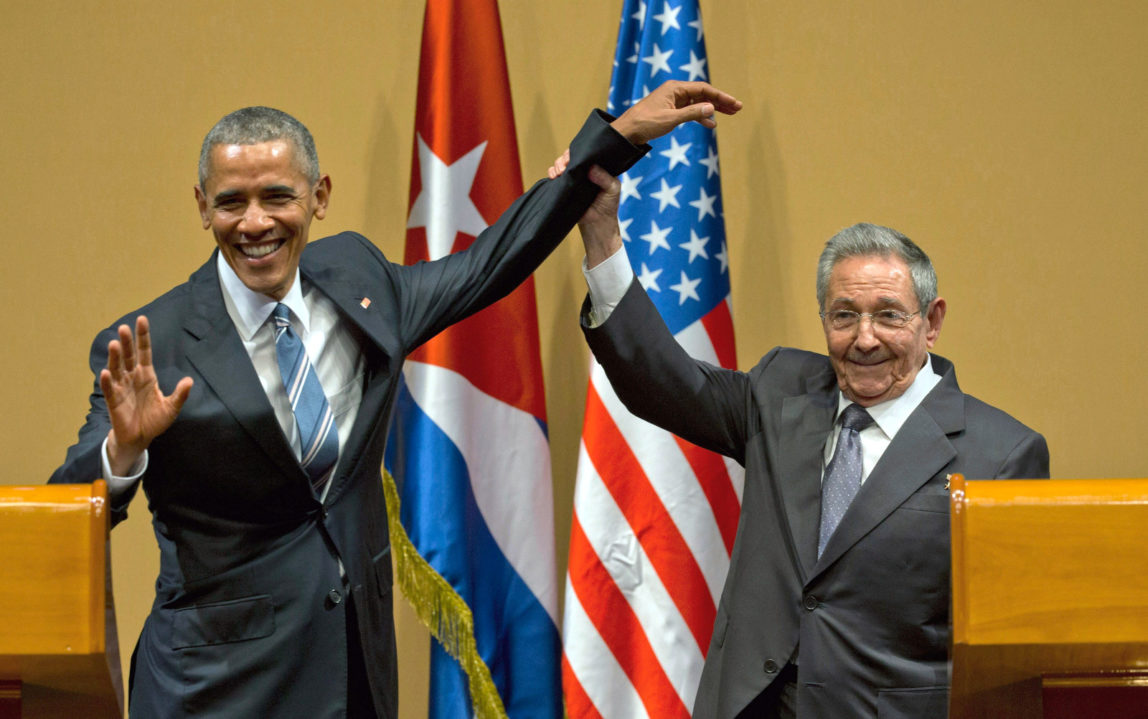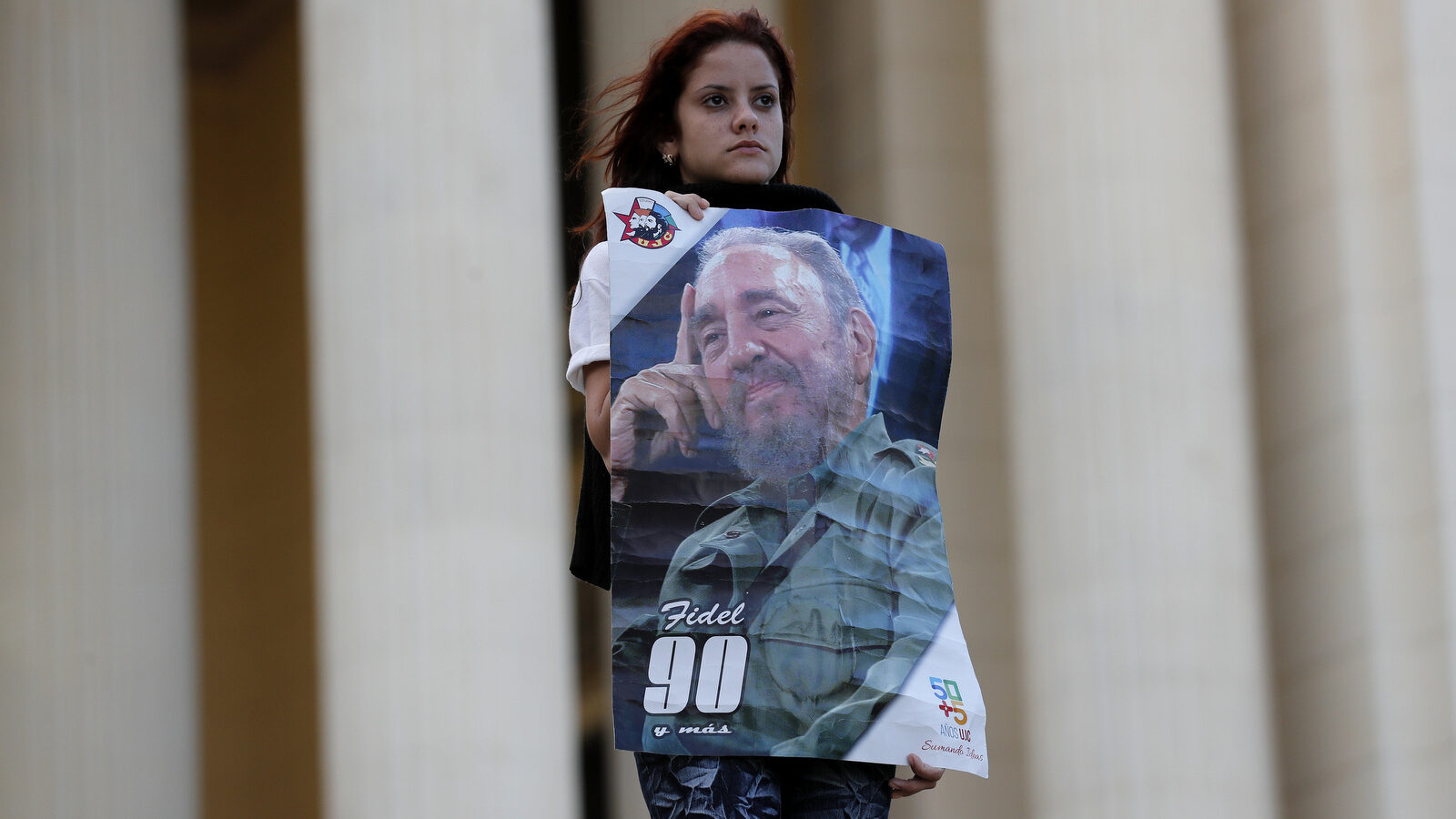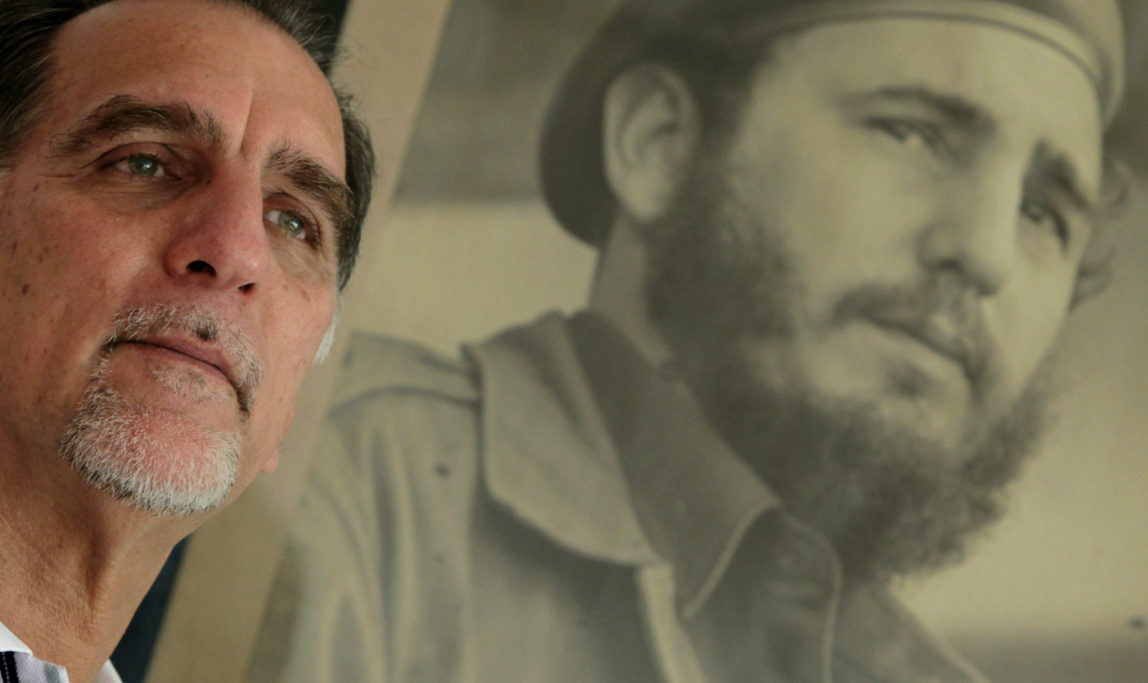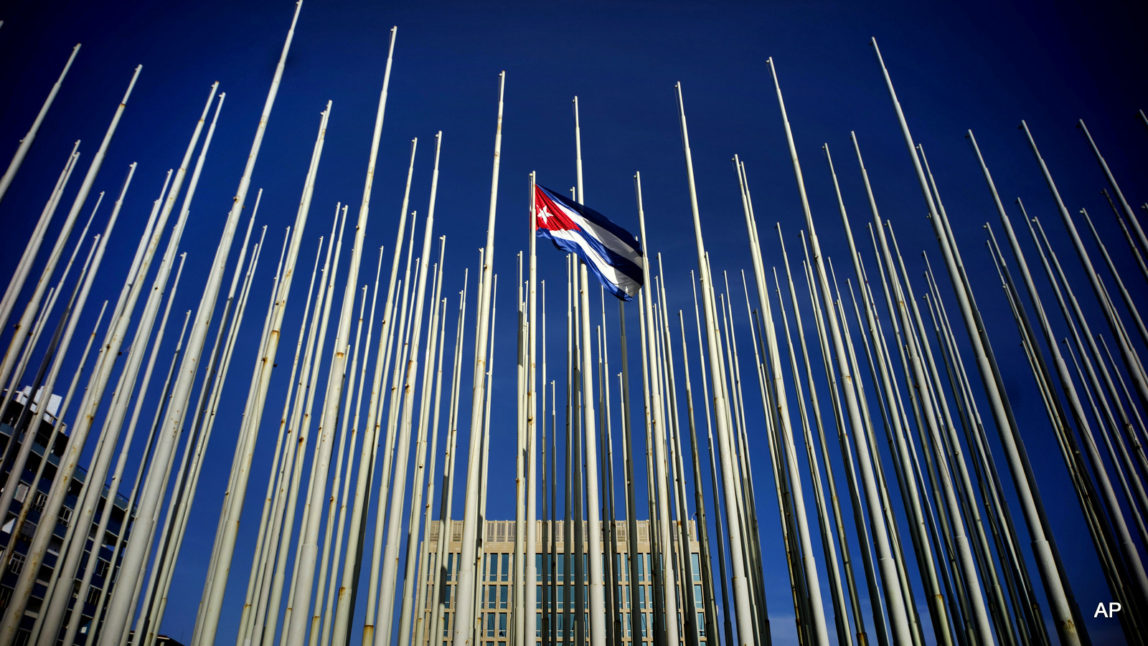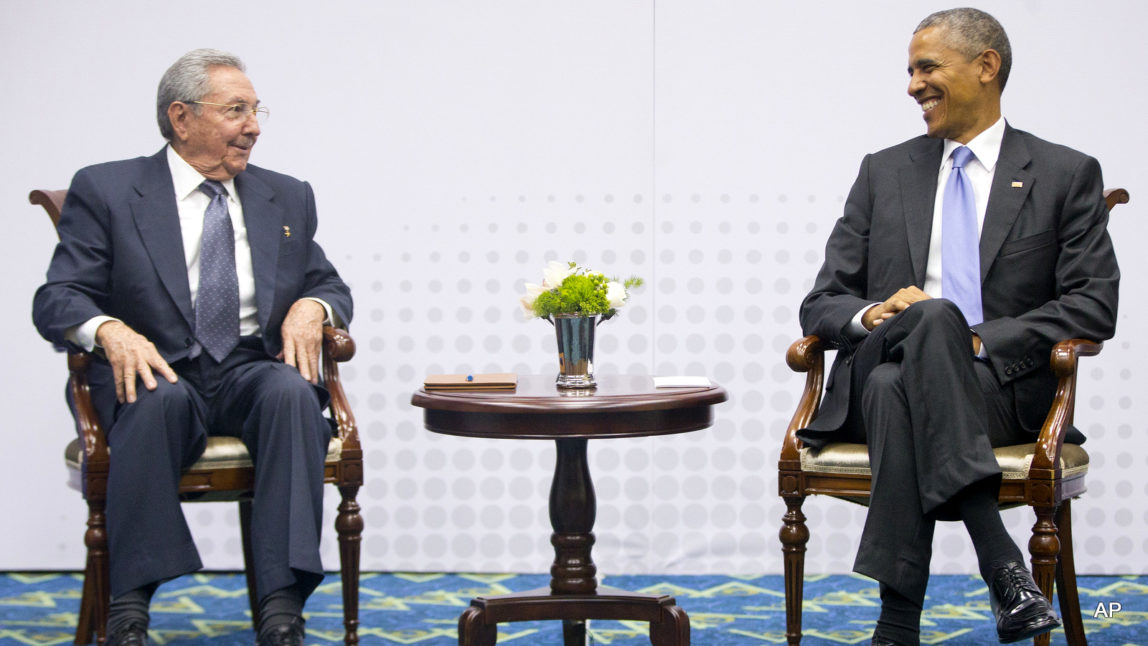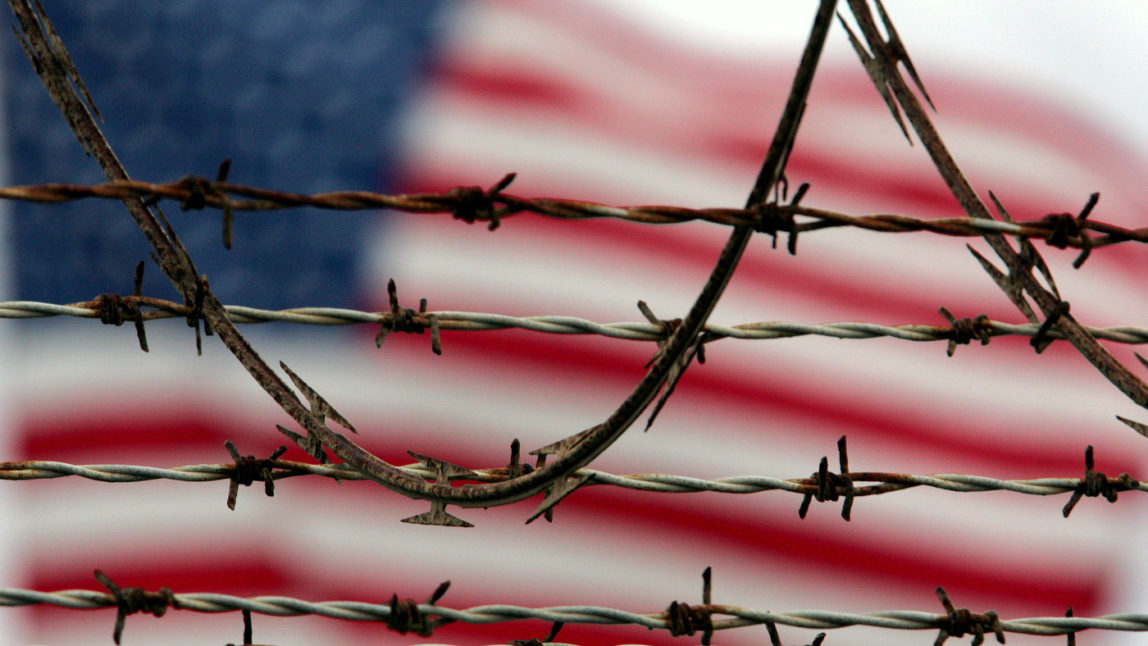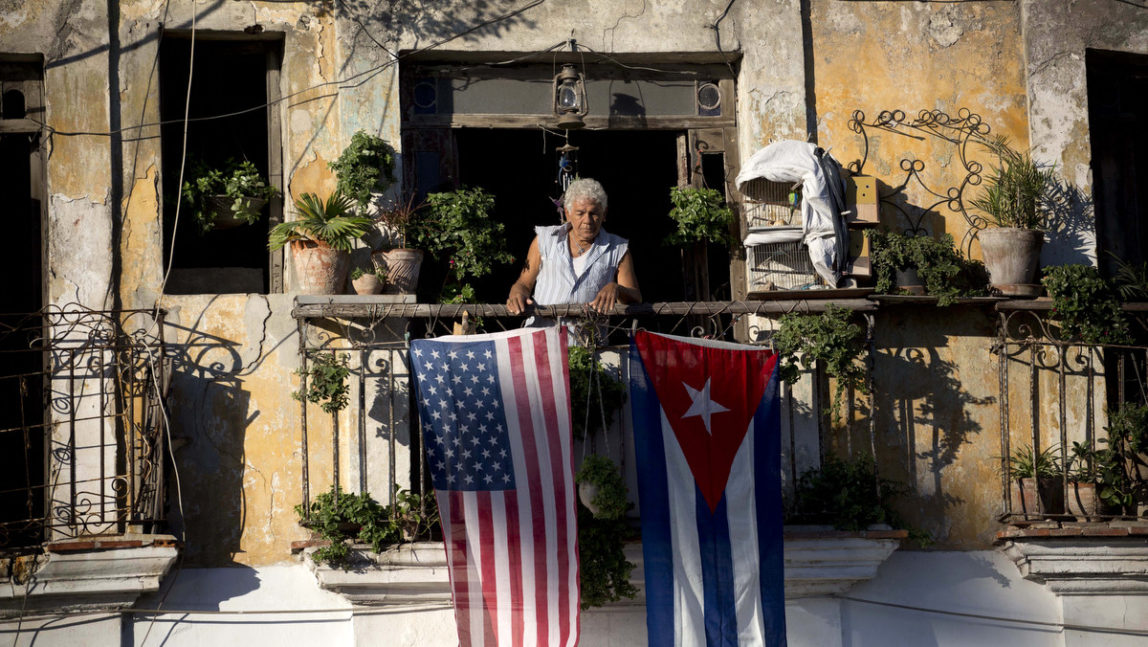HAVANA — Laying bare a half-century of tensions, President Barack Obama and Cuban President Raul Castro prodded each other Monday over human rights and the longstanding U.S. economic embargo during an unprecedented joint news conference that stunned Cubans unaccustomed to their leaders being aggressively questioned. The exchanges underscored
Obama, Castro Lay Bare Tensions On Embargo, Human Rights
Obama said the latest meeting is “a symbol of the end of this Cold War chapter.”
